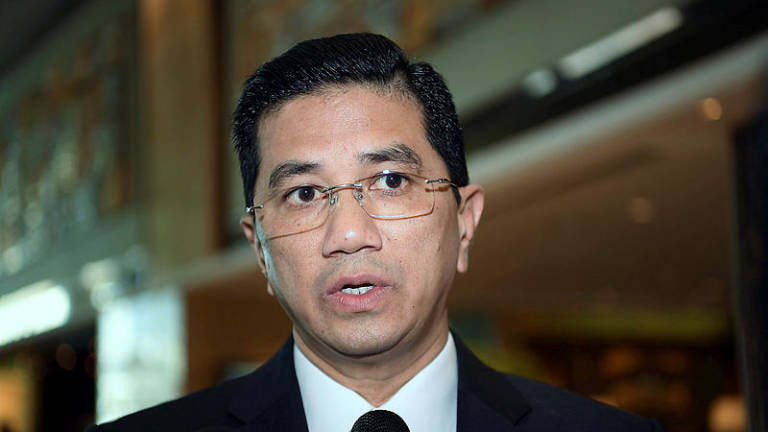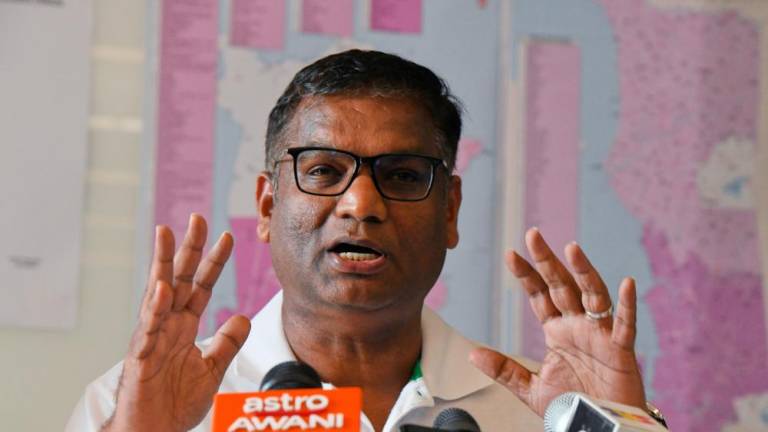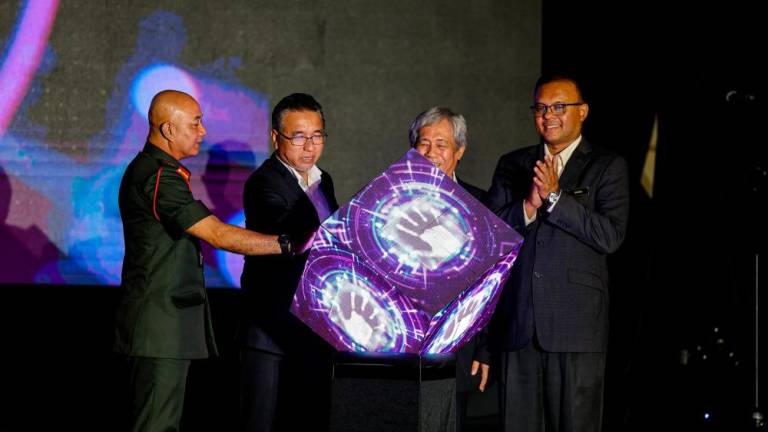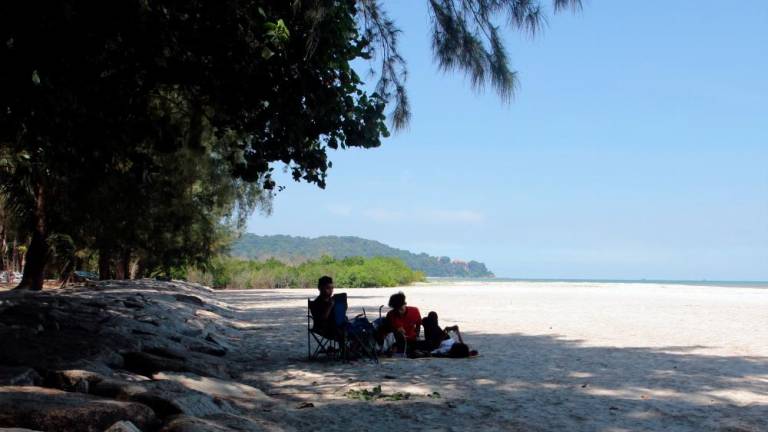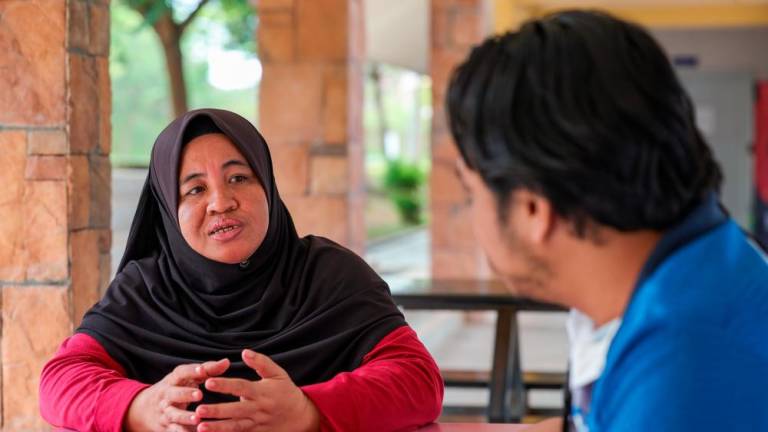PETALING JAYA: The Cabinet has decided to allow several economic sectors to operate in phases on condition they adhere strictly to health and safety guidelines.
Senior Minister and International Trade and Industry (MITI) Minister Datuk Seri Mohamed Azmin Ali (pix) in a statement today said the government’s decision is based on findings from studies “that indicate that the spread of Covid-19 would not only have a significant impact on health, but would also have detrimental effects on the economy and the well-being of the people, in particular, the SMEs”.
“MITI has reviewed the additional sectors that are allowed to operate in phases.
“This measure is in line with the Cabinet’s decision to establish a Special Cabinet Committee to Mitigate the Impact of Covid-19 on the Economy and Labour Market.
“The Special Cabinet Committee tabled several proposals to the Cabinet on April 6 and 8,“ he said.
The sectors that will be allowed to operate are:
• Automotive industry (limited to exports of CBU, parts and components, as well as after-sale services, e.g., maintenance)
• Machinery and equipment industry
• Aerospace industry
• Construction projects and services related to construction works:
- Projects whereby the main contractors are G1–G2
- Projects that have achieved physical progress of 90% and above
- Tunneling works
- Maintenance works
- Sloping works
- Emergency works that are consequent to contractual obligations
- Maintenance, cleaning and drying of stagnant water, spraying of pesticides at construction sites which prevent the breeding of Aedes mosquitoes and other pests
- Other works that if left incomplete may result in danger
- Building projects with 70 IBS score and above
- Construction projects with accommodation facilities for workers, such as centralised quarters for workers or workers’ camp
- Professional services related to the construction industry including architects, engineers, town-planners, land surveyors, quantity surveyors, project managers, facility managers as well as other relevant services
• Science, professional and technical services, including R&D (services incidental to legal practice, services incidental to oil and gas, R&D activities related to Covid-19, and testing labs for the sectors allowed to operate)
• Social health services including registered traditional and complementary medicine (TCM) practitioners
• Hardware shops, electrical and electronic (E&E) shops and optometrists in the wholesale and retail industry
• Barber shops (offering haircuts only)
• Laundry services (only those offering full-service and does not include self-service laundrettes)
Five factors have to be adhered to before the additional sectors are allowed to operate:
- importance in the global value chain or GVC and the country’s exports.
- steps taken to ensure the stability of export activities;
- activity of economic sectors with high value-added multiplier;
- impact on the sustainability of SMEs in the economic sector, particularly in
manufacturing and services.




